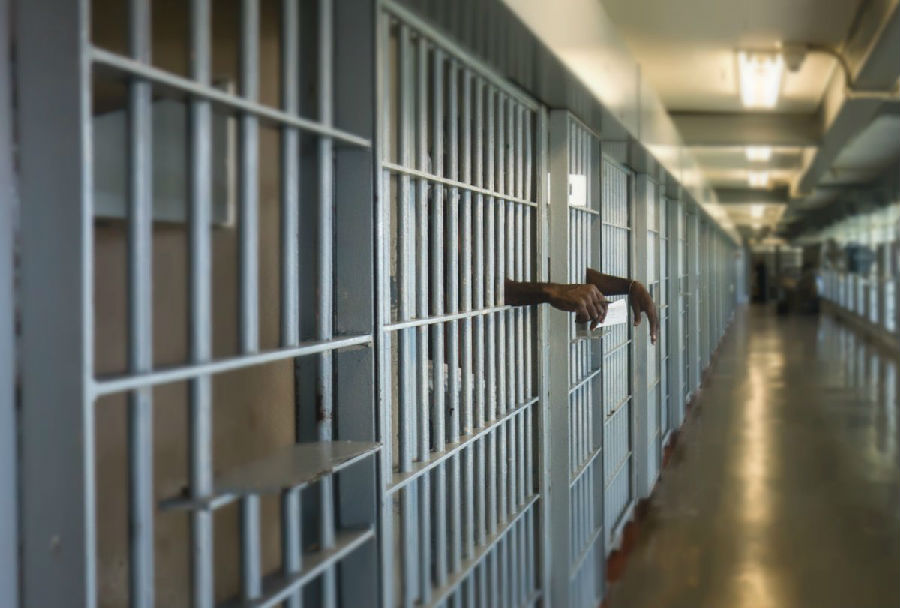Judy Woodruff: The effects of mass incarceration in this country are felt by many more people than those convicted of crimes. Student Reporting Labs, which is our journalism training program, explores how the criminal justice system can create obstacles for kids and families. It's part of our series all this week Searching For Justice.
Mary Williams: It's estimated that nearly half of all U.S. children have at least one parent with a criminal record. And, for the families, the negative effects of incarceration continue far beyond time served. Seventeen-year-old Xcellence Glenn's father was released from prison in 2005 following a conviction from drug and firearms possession, but the family had a hard time finding a home last year. More than once, they were all set to move, only to find out their rental application was denied. How did it feel to pack up all that stuff, and then unpack, repack and figure out your living situation?
Xcellence Glenn: It was kind of hard, because where we was before, it was kind of packed together, since we was a big family. And we were hoping to move somewhere bigger.
Mary Williams: Xcellence's mom, Sheena Meade, was hesitant to tell her kids the real reason things weren't working out.
Sheena Meade: We had met all the financial requirements. Credit was great. We always paid our rent on time. But there was something that was preventing us from getting the homes we wanted.
Mary Williams: That something was her husband Desmond Meade's criminal record.
Sheena Meade: On the application, it says, have you ever been arrested or convicted of a felony conviction? And you have to check that box.
Mary Williams: But, by this time, Desmond had become a successful lawyer and a prominent activist. Last year, he was named as one of "TIME" magazine's 100 most influential people in the world for leading an effort in Florida to restore voting rights to over 1.4 million people with past felony convictions. Sheena says the whole family has been part of that work, advocating for reforms to the criminal justice system, but their rental applications kept getting denied.

Sheena Meade: And so we would come home and have to tell the kids, well, this house didn't go through, after all the excitement, or this house didn't go through. And the ironic thing about it, it was right after myself and the children, we had celebrated. Desmond had got his own day. The mayor and the commissioner had deemed Orange County Desmond Meade Day, which is September 10.
Mary Williams: Looking back on that and looking at the work you do, how does that feel? Like, are you angry at that?
Sheena Meade: Yes, it always gets me upset. It makes me more upset when I think about other people who are not as fortunate or who doesn't have the time or the resources to take all that time and to keep going back and forth.
Mary Williams: Sheena says they finally got approved for a place after she went directly to the owner of a home they were interested in and shared a letter about the family, along with press clippings showing all their accomplishments.
Sheena Meade: No one should have to have to do that to have affordable or safe housing, but that was our reality.
Mary Williams: Xcellence wants other kids to know there's no shame in having a parent with a criminal record.
Xcellence Glenn: Some kids, they don't really want to talk about it. They think that it's bad. They feel embarrassed. But it's not something you should be embarrassed about.
Sheena Meade: Not only are people prevented from voting. They're prevented from finding homes and houses and living where they want freely because of a system. I think that could have been a missed opportunity to really talk to our children. And that's what I'm hoping that others will hear from this, is, like, let's not miss those opportunities to inform and educate our community and our families, instead of shying away from it.
Mary Williams: For the "PBS NewsHour" Student Reporting Labs, I'm Mary Williams.













